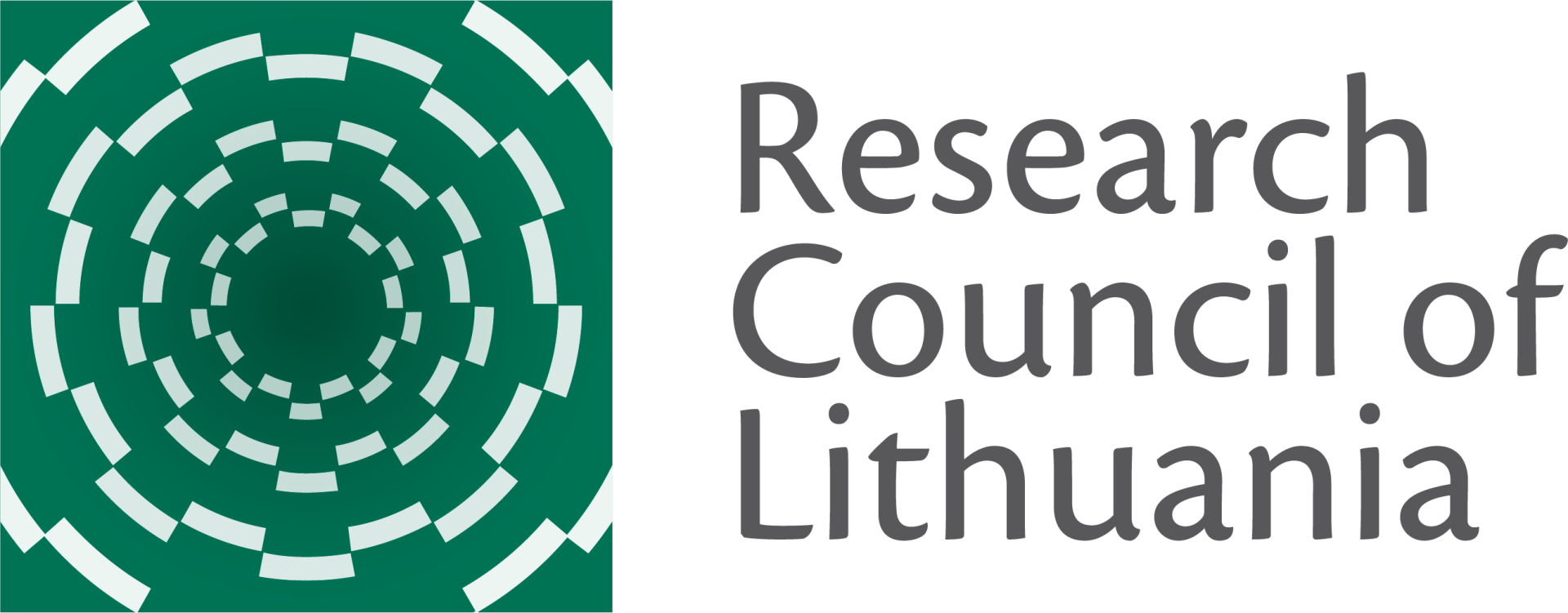Project idea
In the recent decades, both Lithuania and other countries have been facing more and more significant events that caused various crises, emergencies, environmental and other disasters. The increasing speed of globalization as well as growing interdependence of various countries and sectors leave no doubt that the governments will confront even more systemic threats in the future. The emergence of threats disrupts the functioning of welfare institutions and the essential state functions (rule of law, internal and external security, and protection of competition in an open economy) that shapes the institutional environment. On the other hand, it also opens up a window of opportunity for the adaptation and increase of resilience of public administration, public policy and institutional structure, which determines the results of their functions’ implementation (efficiency and effectiveness of education, health or social security systems).
The aim of this project is to determine the impact of significant events that caused various crises, emergencies, environmental and other disasters on public governance, public policy and institutional structure in Lithuania (2004–2020), to explain the adaptation of welfare state institutions to systemic threats and provide recommendations on the improvement of their resilience. The project combines retrospective and prospective approaches. The embedded case study methodology will be employed to assess the adaptation of welfare institutions, caused by reaction to external and internal shocks. Four significant events, marked by high-level impact, attention of the society and political leaders as well as the resulting changes in public governance, public policy and institutional structure will be analysed in this project. In order to contribute to the resilience of welfare institutions to systemic threats, the project will provide recommendations to decision-makers that are based on EU Member States' best practices and contributions of various stakeholders. Recommendations will contain a summary of the situation in the system, the path of change and alternative future scenarios for resilience of welfare institutions.








